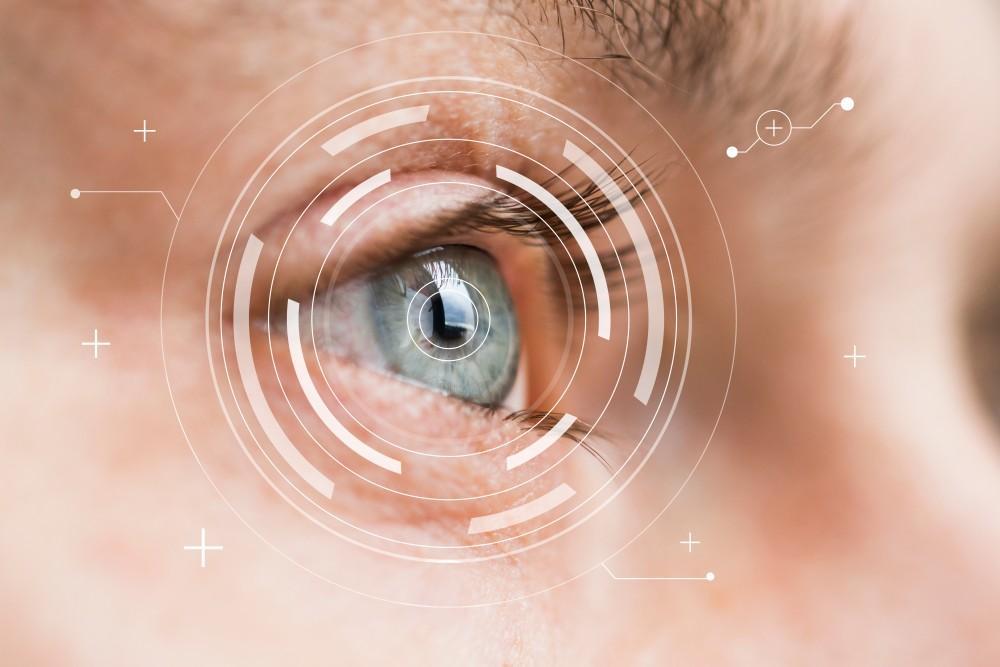
What Most Don't Realize About LASIK

If you’re tired of wearing contacts or glasses, you may be ready to investigate LASIK vision correction surgery. There’s a reason why it’s a popular procedure, with approximately 1 million people investing in it annually in the United States.
Dr. Stephen Khachikian, board-certified ophthalmologist in Rapid City, South Dakota has performed LASIK on many satisfied patients. He’s done extensive research in state-of-the-art surgical techniques.
You may be wary about having eye surgery. Your eyes are precious to you, and you certainly don’t want to make your vision worse. It’s time to separate fact from fiction regarding LASIK eye surgery. Following are some facts you may not have realized and some reassuring points if you’re considering LASIK to improve your vision.
You need to qualify for LASIK surgery
Not everyone should undergo LASIK surgery. Your doctor won’t operate if it’s not right for you. If you have a problem with dry eyes, an autoimmune condition that retards healing, thin corneas, large pupils, or participate regularly in contact sports, LASIK surgery may not be the answer to your quest for better vision.
Dr. Khachikian lets you know whether you’re a good candidate for the procedure. He wants to make sure the procedure is a success. If you’re not a good candidate, he discusses other options with you.
LASIK statistics: Complications are very rare
The rate of serious complications from LASIK is 1%. That’s an excellent outcome rate. There are no known cases of blindness from the procedure.
A recent research report notes that LASIK is one of the safest types of surgery. Since the procedure was approved by the FDA more than 25 years ago, it has been refined as technology has improved.
You must wear eyeglasses prior to the surgery
Do you wear contact lenses? If so, you need to stop wearing them several weeks before your LASIK surgery and revert to glasses during that time. They change the shape of your cornea and would affect the surgery if you were to continue to wear them up to the date of the surgery.
Dr. Khachikian lets you know how far in advance you need to stop wearing contacts.
High patient satisfaction
Approximately 96% of LASIK patients are satisfied with their outcome. You can go from poor vision to 20/20 vision in about one day, and recovery time is minimal. You’ll be able to see right after the procedure, but your vision will be blurry. That dissipates within a day.
After LASIK, you can engage in everyday and social activities without always wearing glasses or putting in contacts for the day. Some patients may need reading glasses as they age, but most patients consider this a small price to pay for being able to see objects clearly in the distance.
If you want to avoid using reading glasses as you age, Dr. Khachikian can perform monovision LASIK — correcting one eye for distance and the other eye for near vision. To determine whether you’d be satisfied with this option, you can test it out with contact lenses before making a decision on this surgery.
We can calm your pre-procedure anxiety
If you’d like to have LASIK surgery but you’re afraid of having the procedure, we can help. Dr. Khachikian can provide an anti-anxiety oral medication to calm your nervousness and help you relax before and during the surgery.
Call Dr. Stephen Khachikian or book an appointment online to learn more about LASIK surgery and whether it’s the right answer for you.
You Might Also Enjoy...


I’m Not a LASIK Candidate. What About PRK?

Telltale Signs Your Eye Problem Is a Cornea Issue

Why Are Cataracts Common In Seniors?

Can You Prevent Keratoconus From Getting Worse?


